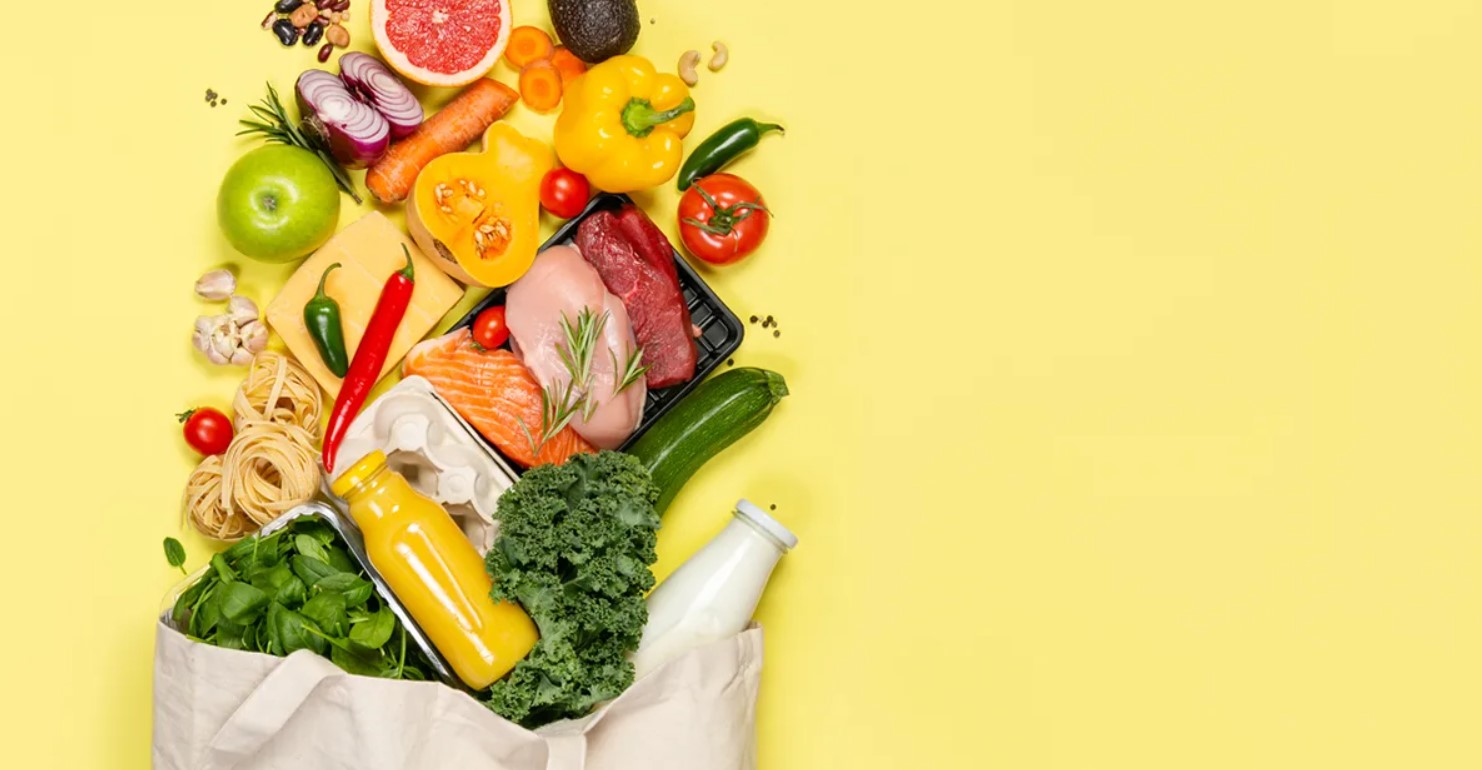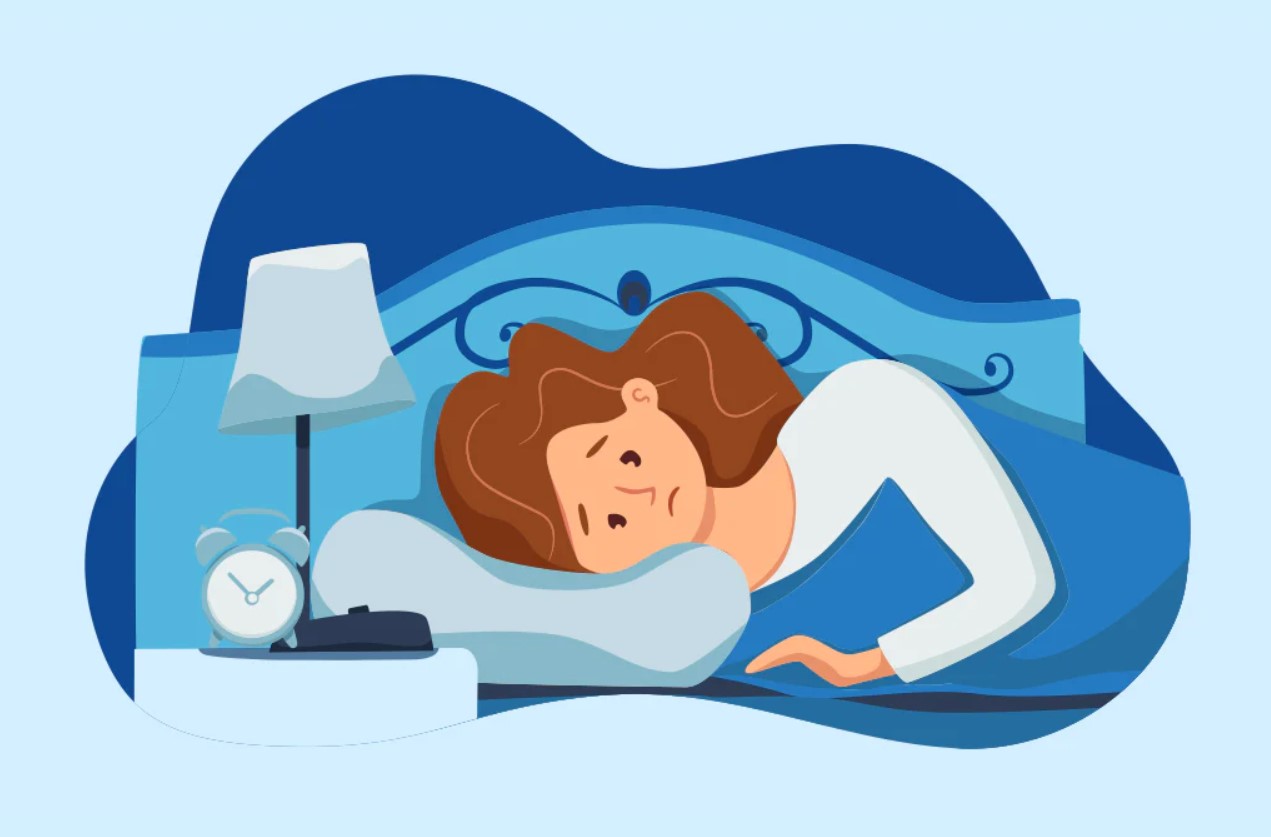Stress and Eating: How Strong Emotions Can Lead to Overeating
People frequently turn to food as a stress reliever. The need for food increases in direct proportion to stress levels. People facing this problem link it with anxiety, panic, depression, and other unpleasant feelings. B how can the proper diet be restored? Let’s investigate!
There are several physical reasons why stress and strong emotions can lead to overeating:
- high Сortisol levels: in the beginning, stress reduces hunger to help the body deal with the circumstance. If pressure is not relieved, the hormone Сortisol, which increases hunger and eventually leads to overeating, is released;
- cravings: stress-related high cortisol levels can boost the desire for fatty or sugary foods. Additionally, stress has been associated with elevated levels of hunger hormones, which may lead to inappropriate food cravings;
- gender: according to the research, women are more likely to utilize food as a coping mechanism for stress, while men are more likely to turn to alcohol or smoking.
What to Do?
Choose Hearty, Nutritious Foods
Hearty, nutrient-dense diets help reduce stress while also enhancing general health. It’s a wise idea to stock your refrigerator with wholesome meals that make you feel satisfied rather than just empty calories (like sweets, chips, and sodas).
Nutritious meals are rich in protein, fiber, and good fats. Among the nourishing and filling foods that will help you remain full longer, avoid overeating, and manage stress are nuts, seeds, avocados, legumes, eggs, poultry, sweet potatoes, fatty fish, leafy greens, broccoli, and vegetable oils.
Follow a Healthy Eating Schedule
Try not to alter your typical diet, no matter how challenging that may be. For example, try adhering to this plan if you typically eat three meals daily or two meals and a snack. When your daily schedule is disturbed, it can be tempting to stray from your usual eating routines, but it’s crucial to keep your eating routine somewhat consistent.
It’s normal to change your diet to accommodate new circumstances. Just make an effort to keep to a schedule based on your requirements and favorite mealtimes.
Don’t Limit Yourself
One of the most important rules to follow to prevent overeating is not to limit yourself. Often, excessive food restriction or too few calories can lead to overeating of high-calorie foods. Therefore, in no case should you adhere to a strict diet or deprive yourself of food, especially during stressful periods. Many studies have shown that a restrictive diet is not just ineffective but can harm your physical and mental health and increase your stress levels.
Drink Water
No one canceled healthy habits, especially drinking enough fluids. Proper hydration is essential for overall health and can help prevent stress-related overeating. Try drinking warm water.
Research has found a link between chronic dehydration and an increased risk of obesity. In addition, dehydration can lead to swings in mood, focus, and energy levels, all of which also affect your eating habits.
Add fresh fruits and herbs to your water to enhance its flavor. In addition, it will help you drink more water throughout the day without adding significant sugar or calories to your diet.
Eat Warm Food
Try eating the food that envelops the stomach, especially in the evening. When your body is tired and stressed during the day, warm, light food (such as soup) is required to relax the parasympathetic nervous system.
Get Rid of Temptations
While a bowl of cookies or colorful sweets on the table adds visual appeal, it’s a recipe for overeating. Having tempting foods in sight can lead to frequent snacking, even when you’re not hungry.
Research has shown that visual exposure to high-calorie foods stimulates the striatum, the part of the brain that modulates impulse control, leading to increased cravings and overeating. For this reason, it’s best to keep tempting foods, including sweet pastries, candy, chips, and cookies, out of sight. Ideally, sweets should be in a store or cafe. And when you really want to, then you go and buy.
There is nothing wrong with enjoying a delicious treat from time to time, even if you are not hungry. However, excessive indulgence can harm both physical and mental health.
Get Moving
Reduced levels of physical activity lead to stress and increased frequency of snacking. To combat this, be sure to make time for daily physical activity. No gyms are needed – just open a YouTube video of a home workout or take a walk. Physical activity helps you focus and reduce stress, decreasing your chances of stress-induced overeating.
Be Careful with Alcohol
A glass of wine is a common way to relax, but be aware that alcohol lifts your inhibitions, increases your appetite, and can increase your chances of overeating. In addition, drinking too much alcohol is bad for your health. Stay within the guidelines that alcoholic beverages should be limited to one drink per day or less for women and two drinks per day for men.
Take Care of Your General Health
In stressful times, being mindful of your overall health is more important than ever. Eating nutritious meals is just one part of maintaining health and happiness. Practicing self-love and doing your best in the current circumstances is the most important thing.
For premium readers







